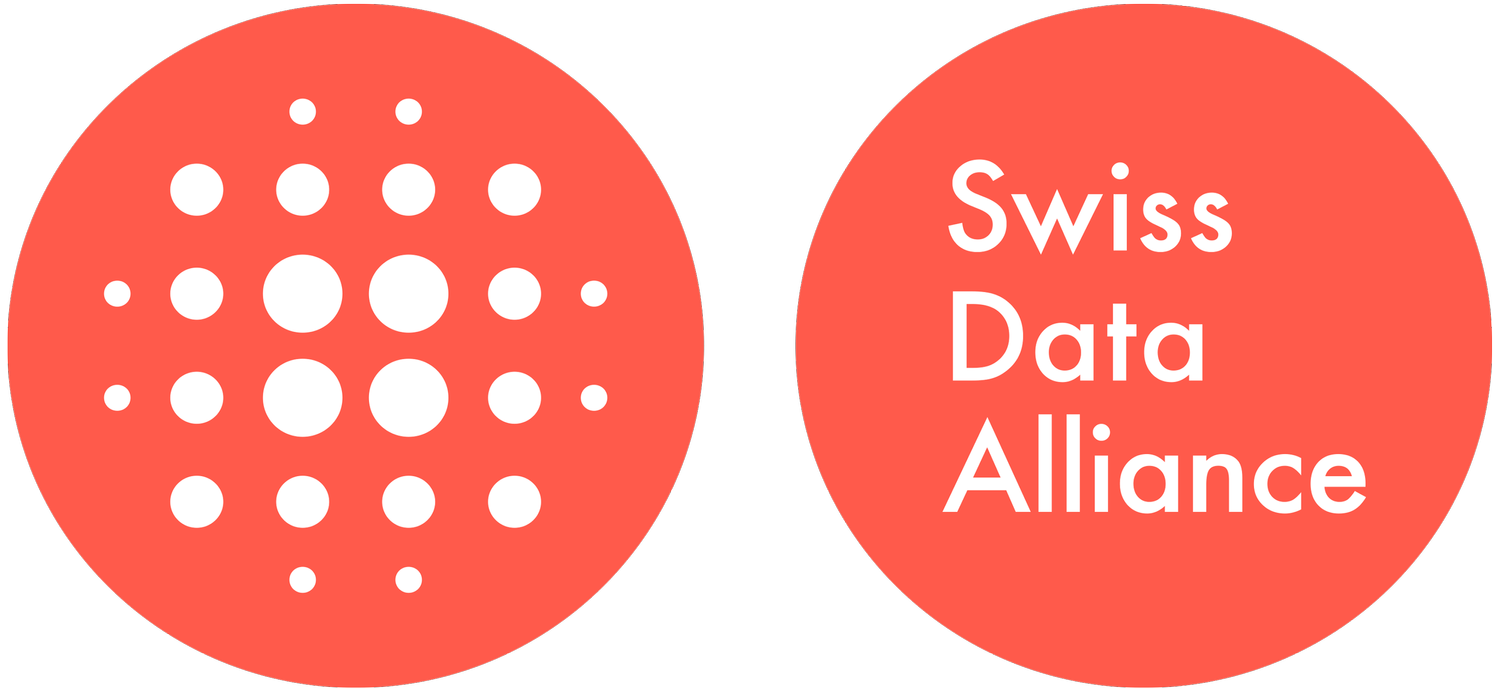Data donation for the common good
What framework conditions are necessary so that personal data can be voluntarily and autonomously donated for non-profit solutions? This question is being investigated in a white paper published by the Swiss Data Alliance together with the Risiko-Dialog Foundation, the University of Zurich, the City Development of Zurich, the Mercator Foundation, the Zurich University of the Arts (ZHdK) and the POSMO Schweiz cooperative.
Although trust in the secure handling of personal data has risen slightly among the Swiss population, concerns persist regarding the collection, dissemination, and storage of personal data. For example, in 2023, 81% of those surveyed trusted public authorities to handle data, compared to only 63% in 2020/2021. We can observe something similar in the economy (from 33% to 36%), although this increase is very small. Furthermore, studies show that there is a greater willingness to provide personal data for non-profit purposes such as current social challenges. This white paper aims to discuss how and under which framework conditions this can happen, and to offer individuals the opportunity to voluntarily and autonomously donate personal data for non-profit solutions.
Published by
The project «Data Donation for Public Benefit» was carried out by Risiko-Dialog in collaboration with the University of Zurich, Swiss Data Alliance, the City Development Zurich, Mercator Foundation, Zurich University of the Arts (ZHdK) and the cooperative POSMO Switzerland.
In this white paper, we would like to present a framework and practical applications that show how voluntarily donated data can contribute to overcoming social challenges such as climate change, traffic congestion or health crises. As part of the project, various organizations were involved in this contribution using two use cases. The aim was to give people the opportunity to contribute to solving social problems with personal data.
Use Cases
In the first use case, the donated data supported the crisis management of the University of Zurich in restoring normal operations during and after the Covid 19 pandemic through data-driven decision-making. The insights gained from the data donation were successfully integrated into the UZH's guidelines. The developed prototype is available to all universities and the insights gained are publicly accessible. This use case underscores the effectiveness of data donations in organizations, particularly in crisis situations.
In the second use case, we identified effective communication strategies that positively influence the motivation to participate in a data donation and at the same time clarified the value of data donation for traffic planning. In cooperation with the POSMO data cooperative, data was collected via an app and made available to the city of Zurich for traffic planning in aggregated form. The use case places particular emphasis on a holistic approach that, in addition to the concept of data donation, also includes the technical infrastructure and active communication. In the second use case, we therefore specifically investigated the conditions under which people are willing to donate their data for non-profit purposes. Because of this approach, we worked together in a very broadly supported consortium.
Results
In summary, we can state the following findings:
Based on the two use cases, we were able to show that voluntary data donation can make an important contribution to overcoming social challenges such as climate change, traffic congestion or health crises.
In addition, the willingness to donate data in Switzerland is high, but the purpose for which the data is used plays a central role for data donors.
A successful data donation requires targeted communication, as this can significantly promote the acceptance of data donation. Different communication strategies were tested in the white paper and it confirms that congruent communication can motivate people more strongly to donate data. Furthermore, the motivation for a donation can also be increased through regular feedback on how the data is handled.
Trust in the data-collecting organization is also important for data donors - binding legal framework conditions must be clearly formulated.
The use of data donation can support data-based decision-making; especially where representative data is difficult to collect (e.g. in healthcare or mobility). However, it is important that the results of a data donation are always embedded in the overall context of the problem. An analysis of the representativeness of the data as well as the comparison of the question and the results must always be considered.

